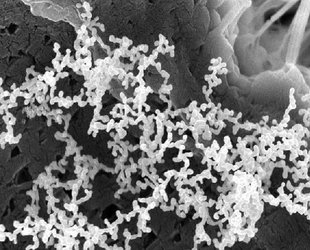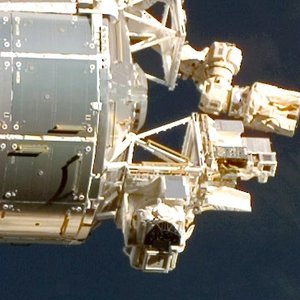Benefits of human spaceflight
By exploiting the unique conditions in space, scientists have begun to examine many fundamental processes in physics, chemistry and biology that would normally be masked by Earth’s gravity.
Experiments that have flown on the Space Shuttle and on space stations have already contributed to the development of new theories and the discovery of new phenomena, offering good prospects for applications that will benefit society as a whole.
The installation of the Columbus laboratory on the International Space Station represents a new step in Europe’s capability to perform cutting–edge scientific and technology research. Columbus increases significantly the number of facilities and the research time available to European scientists. It also offers an on-going opportunity for space-based research stretching over at least a decade, whereas experiments on previous missions were limited to a maximum of two weeks.
Columbus has delivered science from the very start, immediately supporting a full European experiment programme. Some 100 experiments will be carried out in the first year of operation of the laboratory, which more than triples the annual amount of ESA experiments carried out on board the ISS in the pre-Columbus period.
From 2009, with six crewmembers permanently living on the Station the crew time available for long-term European experiments will increase, allowing for more complex experiments.
Astronauts play a key role in ensuring that each experiment operates properly and functions according to the criteria established by its creators. The involvement of the crew is essential, not only when the experiment is being set up, but also throughout its operation, when they may adjust parameters according to the phenomena observed, interact with ground investigators and exchange modules for new experiments. In the case of biomedical research, the astronauts also serve as test subjects.
More about the benefits of human spaceflight:
Benefits for health on Earth »»
Applications of fluid and material research »»
New technologies and business »»







